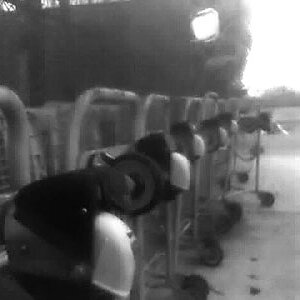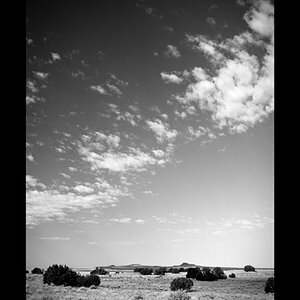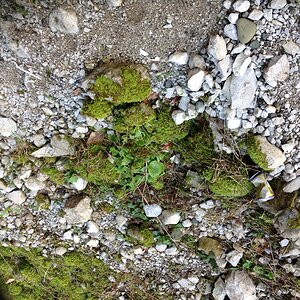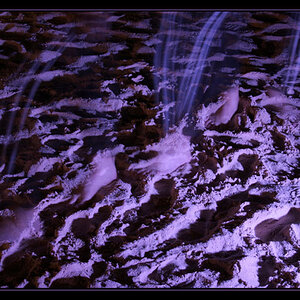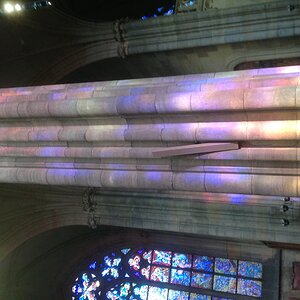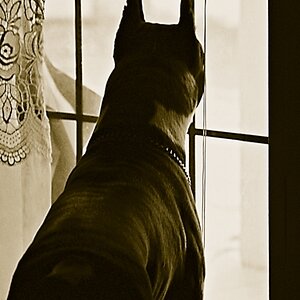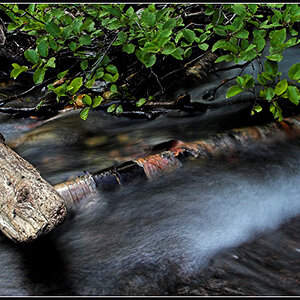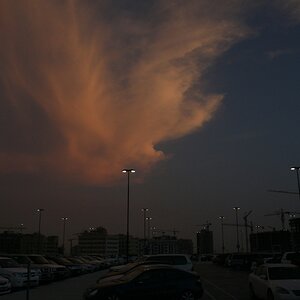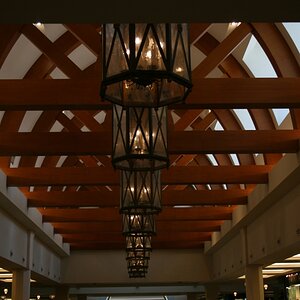Rick58
Been spending a lot of time on here!
- Joined
- Jun 23, 2012
- Messages
- 4,227
- Reaction score
- 1,473
- Location
- Reading, Pa
- Can others edit my Photos
- Photos OK to edit
In digital photography, which is most important regarding image quality, sensor size or the lens? I know very little about digital but I've been reading a lot about sensor sizes. It seems more fuss is made over that then the lens hanging on the front of the camera. In the world of film, it's all about the lens. Does the sensor size only become an issue with larger print sizes and, like film, the glass is most important at all print sizes?
Before I began reading up on the subject I, like I'm sure a lot of folks, thought it was all about the MP. The more MP's, the better. This is probably due to the mfg's pushing those numbers more then anything. Now, after reading, I understand the higher MP's can actually reduce image quality in smaller prints. Do I have that right?
EDIT: Lets throw something else in the pot of questions concerning RAW. Are camera's that don't have the ability to shot RAW even seriously considered? Like I said... digital noobie here.
Before I began reading up on the subject I, like I'm sure a lot of folks, thought it was all about the MP. The more MP's, the better. This is probably due to the mfg's pushing those numbers more then anything. Now, after reading, I understand the higher MP's can actually reduce image quality in smaller prints. Do I have that right?
EDIT: Lets throw something else in the pot of questions concerning RAW. Are camera's that don't have the ability to shot RAW even seriously considered? Like I said... digital noobie here.
Last edited:



